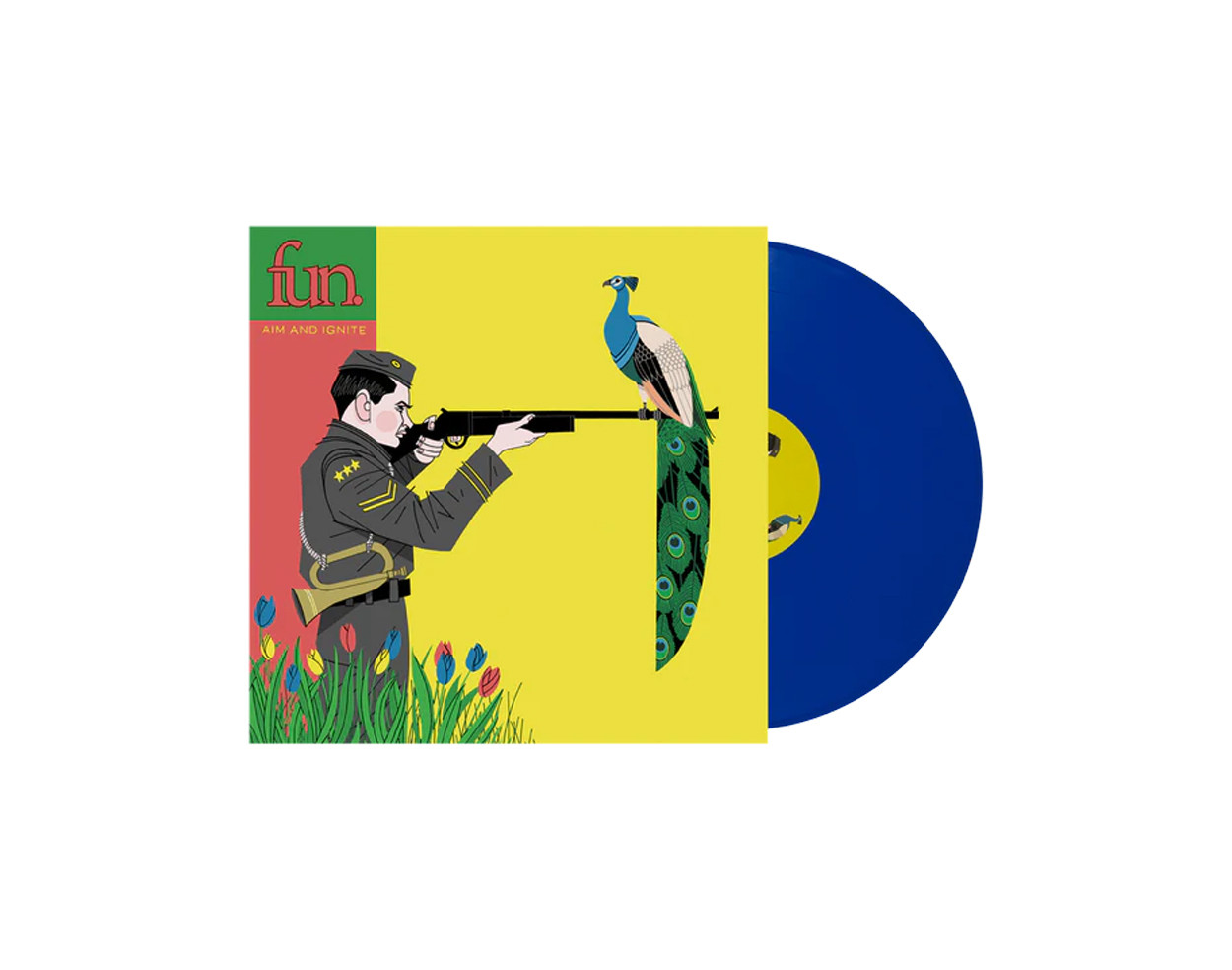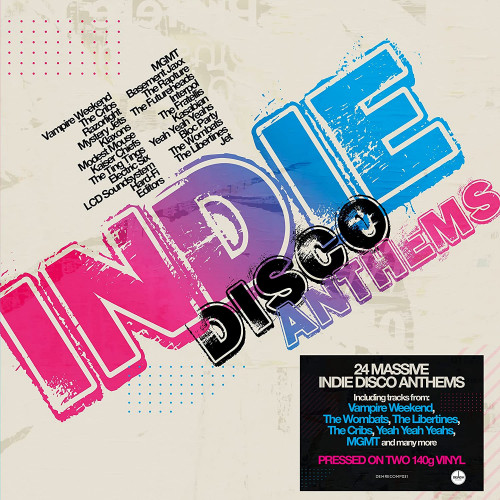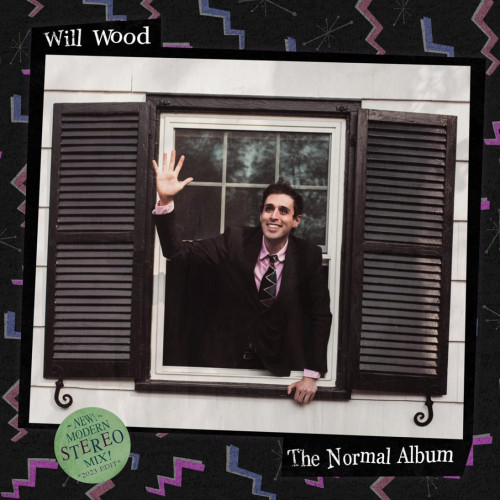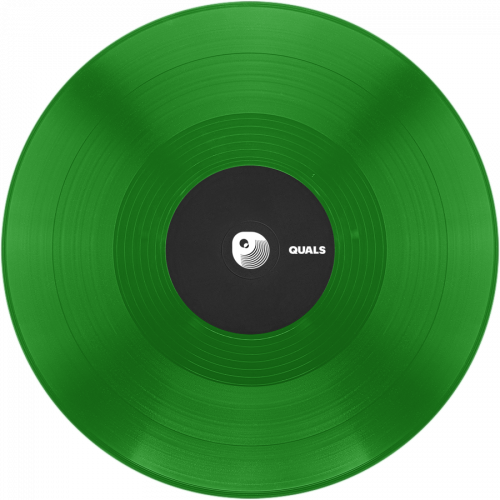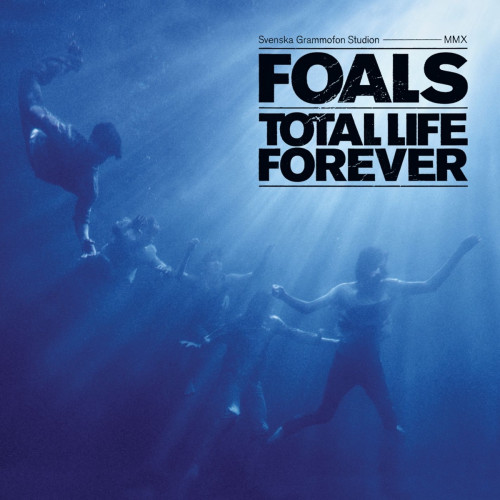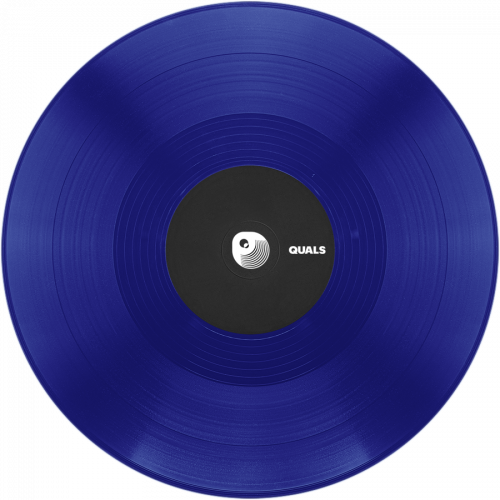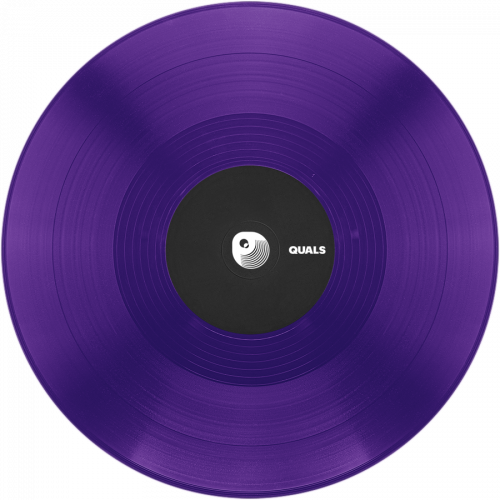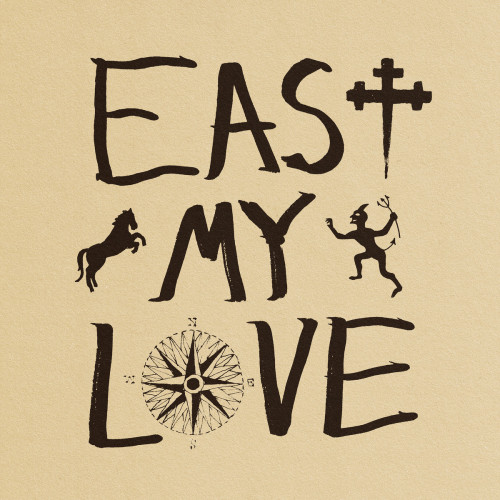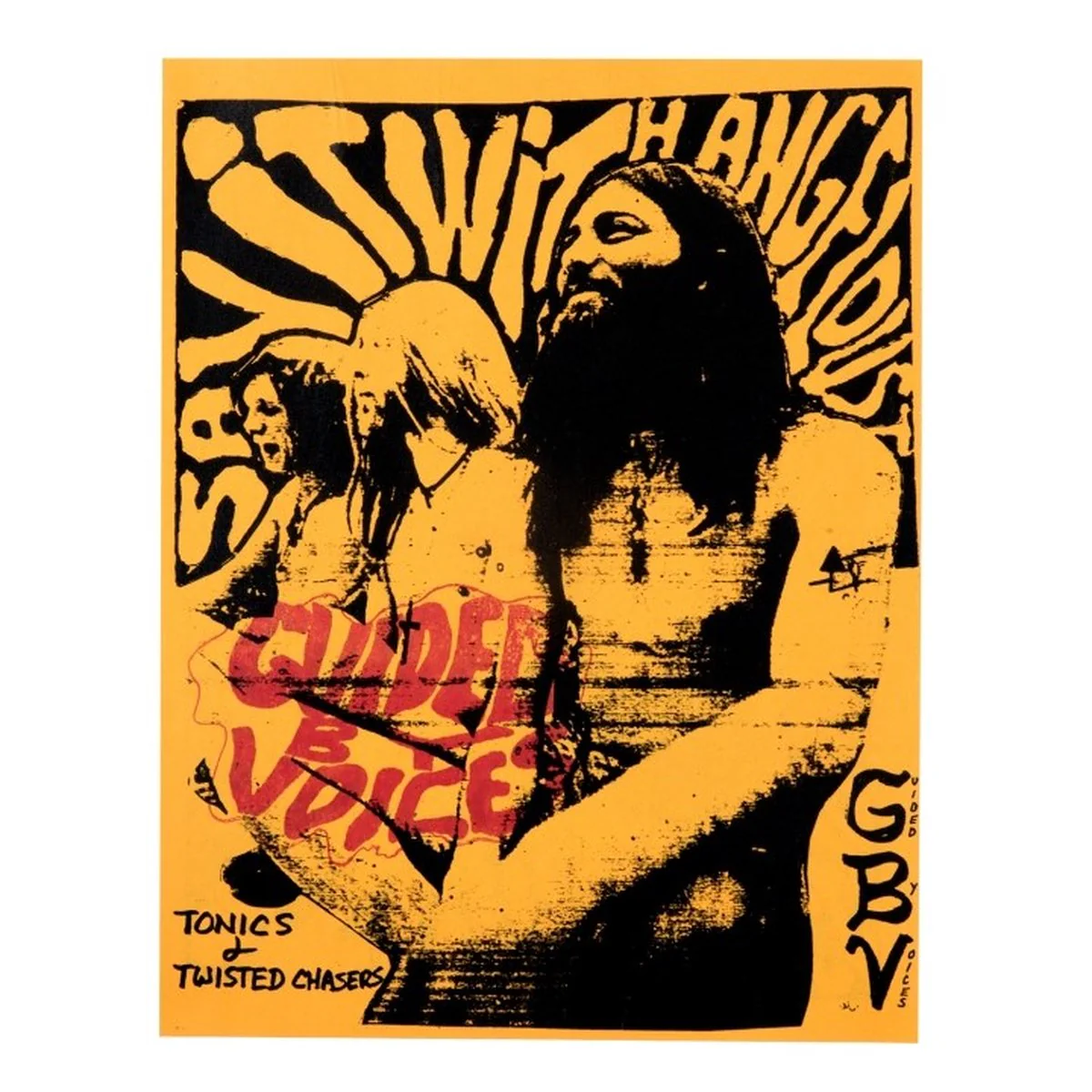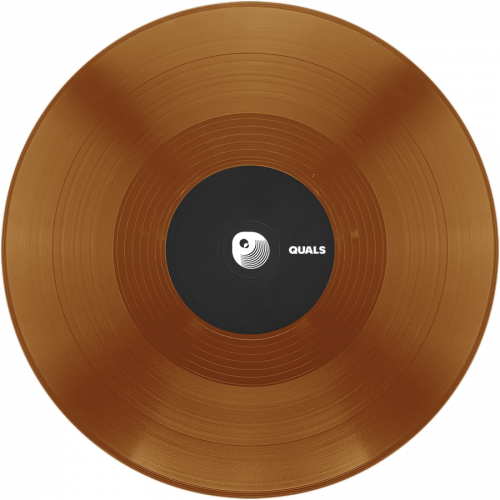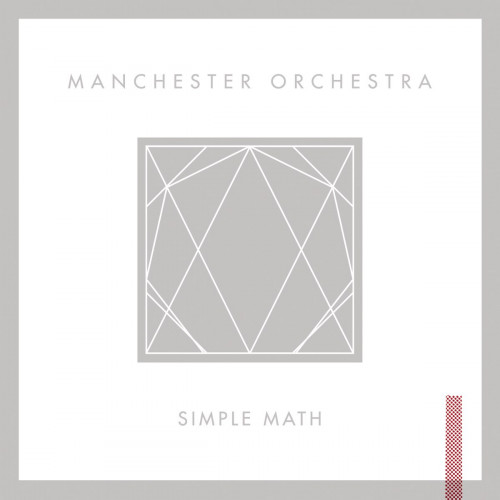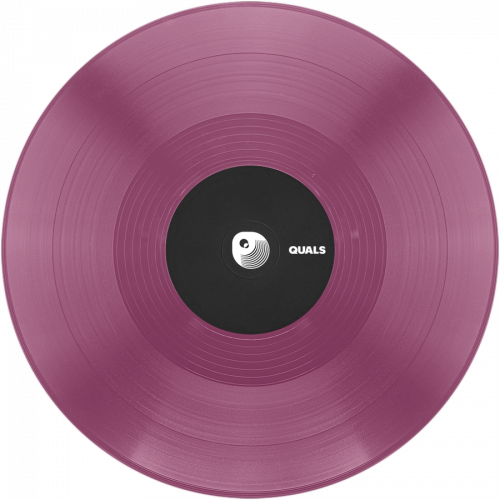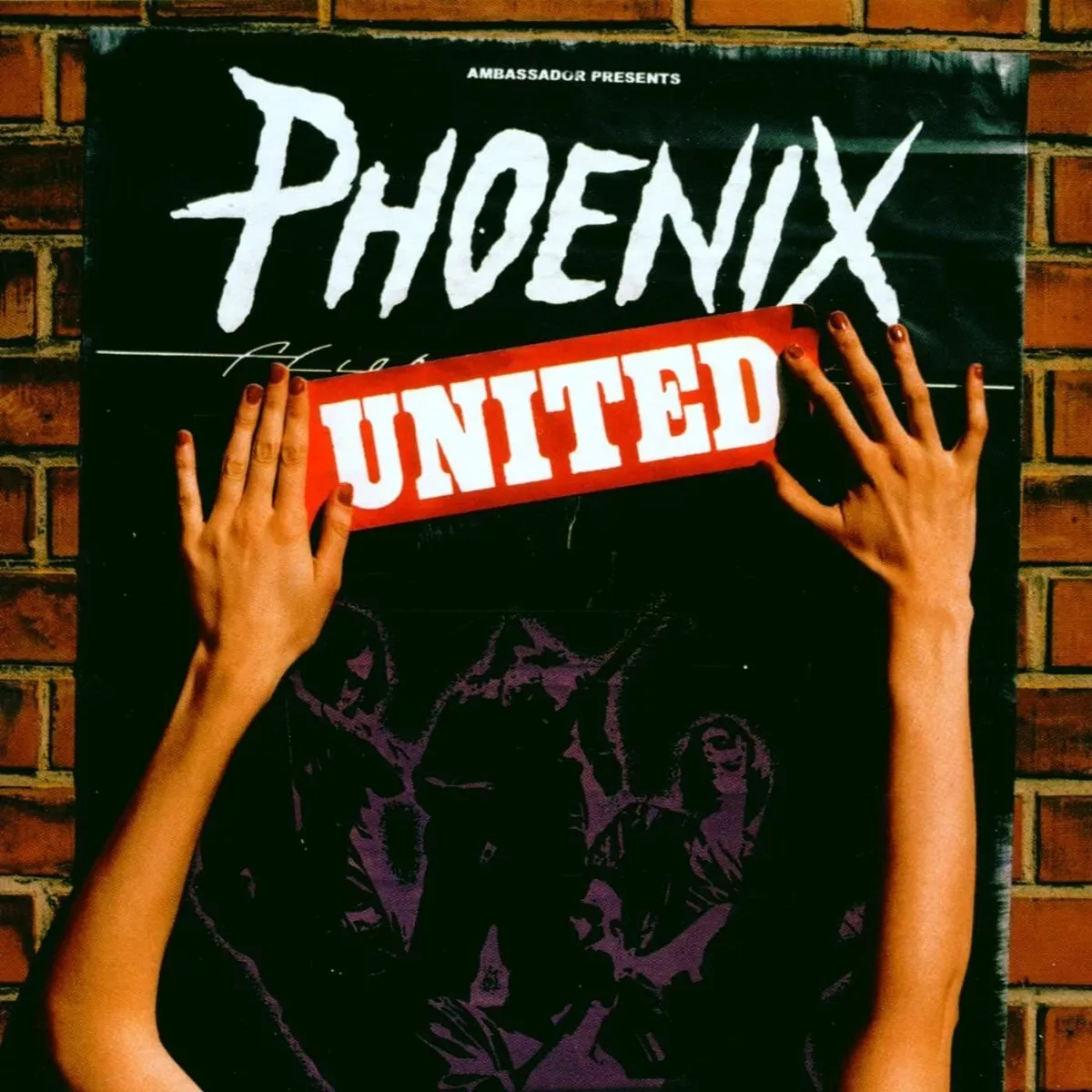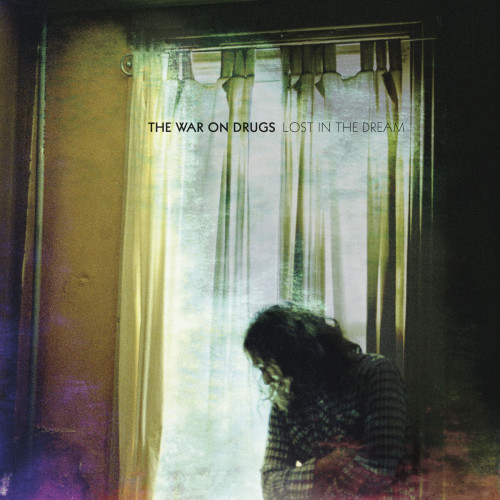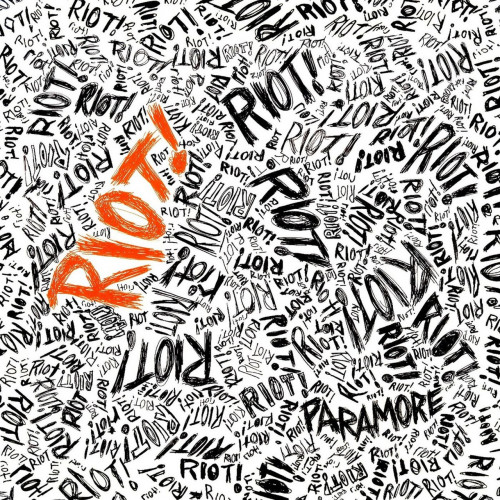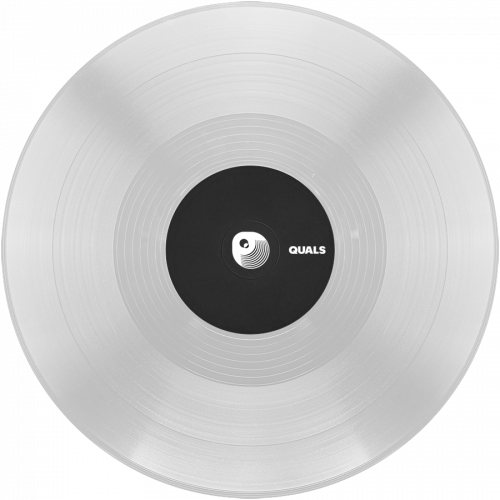Even in the early part of the 21st century when everything from heavy metal dub to unlistenable lo-fi shoegazer mumblings gets rave reviews in the online press, progressive rock still has a bad name. So when a band comes along claiming both ELO and Sly & the Family Stone as influences, you can't help but cringe. Thankfully, the oddly punctuated band known as Fun. doesn't take itself too seriously. It's progressive, but in the best possible way. Full string sections provide Beatlesque swells of sound, churchy harmonies hint at African American Gospel music and the swooning vocals of Queen, and, yes, the rhythm section does have some of the pop bombast of ELO, but the diverse elements all come together neatly in service of the song. The arrangements break down rigid song structures with an open-ended and open-minded creativity that ranges far and wide over the musical spectrum. This music needs to be listened to as an album, in one sitting, so you can appreciate the way the musical and lyrical ideas flow together and play off of each other. That said, there are moments of genius that grab you even on your first casual listen. "At Least I'm Not as Sad (As I Used to Be)" sounds like a long-winded country song title, but it's a cabaret-flavored rock song with a vaguely Latin instrumental break, big grand piano flourishes, a nursery rhyme chorus, and a big finish. The ambiguous lyric deals with the loss of friends, or maybe the loss of one's soul, and could be a parable about the music business, or just growing up, as Nate Ruess sings it in a tenor voice full of an adolescent yearning. Life-long love is not often addressed in rock music, but that's the subject of "The Gambler." You could call it the grown-up cousin of "When I'm 64," a long, beautiful, linear narrative that takes love from 18 to old age, making the journey sound lovely and worthwhile. "Be Calm" is based in part on the melody from Beethoven's "Ode to Joy," an old prog rock trick, but Fun. keeps thing moving brightly along. The song is about an approaching nervous breakdown, and the song's shifting tempos -- from jittery verse to soothing chorus -- aptly convey the singer's growing panic. In the '70s, a lot of prog rock was marred by pretentious or overly sincere or consciously mythic lyrics. Ruess, main wordsmith for Fun., doesn't fall into that trap. His lyrics have a way of investigating the larger truths of life -- loneliness, the struggles of maintaining relationships, growing up, insecurity, even death -- with a witty approach that keeps the songs bubbling merrily along on a positive note.
j. poet. Allmusic.com

